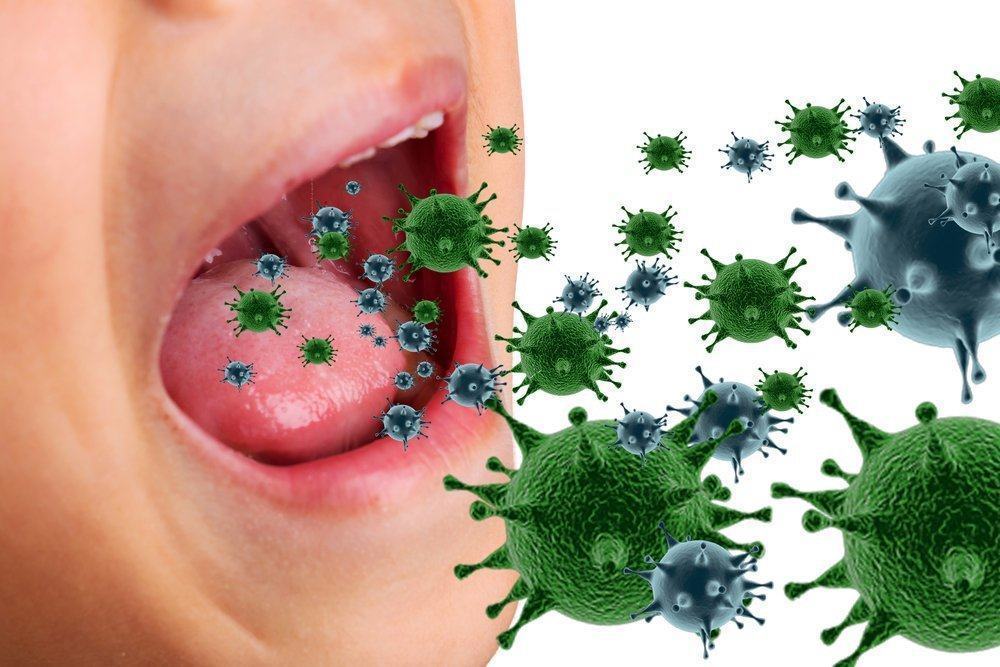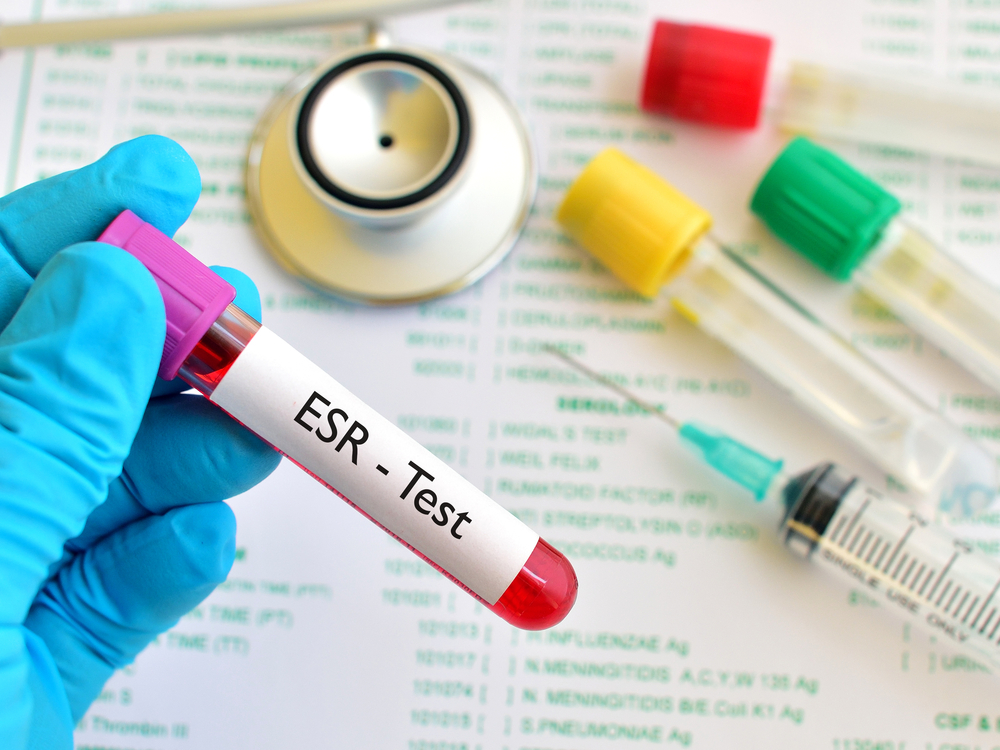Contents:
- Medical Video: Gut Health Starts in the Mouth w/ Steven Lin, DDS
- What can increase the number of bacteria in the mouth?
- The types of mouth bacteria that are harmful
- What diseases can occur due to bacteria in the mouth?
- Periodontitis
- Heart disease
Medical Video: Gut Health Starts in the Mouth w/ Steven Lin, DDS
Most people don't realize the danger of bacteria in the mouth. These bacteria will actually not be a problem if the amount is balanced and live in harmony. But, once a disorder appears such as caries (cavities), a tooth supporting disease (periodontal), or there is an infection, then this condition can cause more serious health problems.
As stated by Dr. Walter Loesche, scientist at the University of Michigan, the average person swallows saliva as much as 1 liter (1,000 ml) per day. In 1 ml contained 100 million microbes, meaning that there will be 100 billion microbes in 1,000 ml of saliva that we swallow. We need to know that microbes that live in the mouth have as many as 20 billion at first, and will multiply in 24 hours by 5 times, which is to 100 billion every day.
What can increase the number of bacteria in the mouth?
Dr. Loesche said that if we do not brush our teeth, oral microorganisms that initially amount to 20 billion will be 100 billion. That number is not a certain amount, it can be a growing number of bacteria. Below are things that can trigger bacterial development:
- Temperature
- REDOX potential or anaerobiosis (sustainable life forms without oxygen)
- pH (acid base level)
- Nutrition (endogenous & exogenous)
- Body defense (default & acquisition)
- Body genetics (changes in immune responses, etc.)
- Antimicrobial substances & inhibitors (inhibitors)
The types of mouth bacteria that are harmful
Of the many bacteria in the mouth, there are good bacteria and bad bacteria. The following are the most important types of negative bacteria:
- Phorphyromonas: P. gingivalis, the main periodontal pathogen
- Pevotella: P. intermedia, pantogen periodontal
- Fusobacterium: F. nucleatum, periodontal pathogens
- Antinobacillus / Aggregatibacter: A. actinomycetemcomitans, incorporated in aggressive periodontitis
- Treponema: T. denticola, important group in acute periodontal conditions, such as ANUG
- Neisseria
- Veillonella
What diseases can occur due to bacteria in the mouth?
Periodontitis
Periodontitis is an oral infection that is often found in the community. Periodontitis is considered the number two disease in the world after tooth decay. Periodontitis is mostly caused by irritation of specific pathogenic bacteria such as phorphyromonas gingivalis, prevotella intermedia, bacteriodes forsytus,and actinobacillus actinomycetemcomitans.
The severity and increase in the appearance of periodontitis can increase in people who have diabetes and will be worse if diabetes is under control. Periodontitis can aggravate diabetes by reducing glycemic control (a controller of increased blood sugar).
Heart disease
People who have a risk of periodontitis will also be at risk for heart disease. However, if the person has had periodontitis, he will be twice as likely to develop heart disease. The role of infection and inflammation in atherosclerosis (the condition of narrowing of the arteries) is increasingly clear.
Inflammation of chronic periodontitis is one of the most common human infections with as many as 10-15% of the population experiencing a continuation of periodontal disease, namely heart disease. In the context of heart disease, individuals with periodontitis are reported to have an increased risk of disease, including coronary disease, stroke, myocardial infarction (heart attack), and atherosclerosis. Furthermore research shows that bacterial burden P.gingivalis, A.actinomycetemcomitans, T.denticola, and Tannarella forythia in subgingival plaque samples can be associated with thickening of the intima-media (coronary artery dysfunction).
Chronic conditions of inflammation and the burden on microbes can also make a person susceptible to heart disease caused by other infections by bacteria Chlamydia pneumoniae.
READ ALSO:
- Mouth Smell Can Be A Sign Of Diabetes
- Get to know 5 new technologies for dental and mouth care
- Differentiating Viral vs Bacterial Infection, and How to Overcome It












